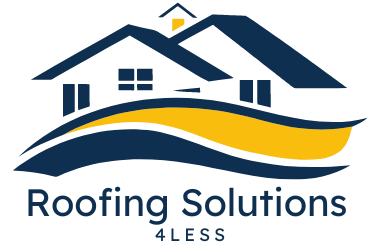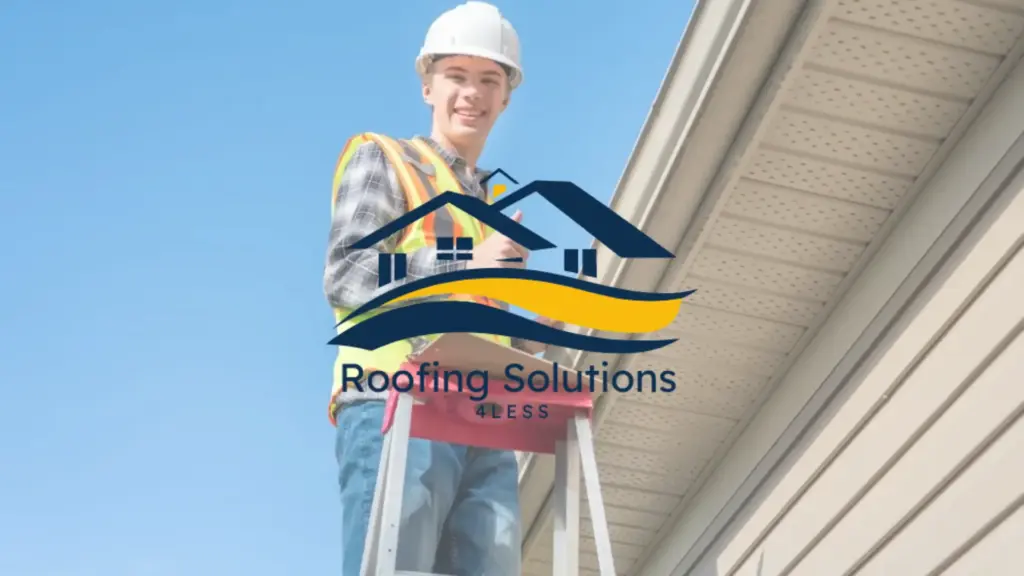Keeping your property’s roof in excellent shape requires regular, full-scale inspections. Whether for a residential or commercial building, the role of a thorough roofing inspection extends far beyond merely identifying visible issues. It serves as a proactive step to maintain the structural integrity of your property, preserve energy efficiency, and protect both residents and contents from weather-related damage. While roof assessments may not top your list of priorities, investing in periodic evaluations can prevent costly repairs and extend the lifespan of your roofing system. Here’s how full-scale inspections benefit various types of properties.
Identifying Potential Hazards Before They Escalate
A full-scale inspection provides more than just a surface-level evaluation. Professional inspectors check for hidden vulnerabilities such as weakened areas around vents, chimneys, and skylights, as well as small cracks in shingles or other roofing materials. For a residential property, this means avoiding unexpected leaks and keeping the roof in good repair for your family’s safety. In commercial properties, where a damaged roof can disrupt operations, regular assessments are crucial. By addressing minor problems early, an inspection prevents issues from evolving into structural hazards, saving property owners considerable expenses in extensive repairs down the road.
Energy Efficiency and Insulation Maintenance
Roofing inspections are an essential part of maintaining energy efficiency in both homes and businesses. A deteriorating roof with minor leaks or poor insulation can increase energy bills, as heating or cooling systems work harder to maintain indoor temperatures. During a full-scale roofing evaluation, inspectors assess insulation and ventilation systems to ensure they are intact and functioning optimally. This process directly impacts energy savings, lowering utility costs, and supporting a comfortable indoor environment year-round. For eco-conscious property owners, well-maintained insulation contributes to sustainability efforts by reducing the building’s carbon footprint.
Boosting Property Value and Market Appeal
An updated, well-maintained roof is a key factor in determining property value. For homeowners planning to sell, a recent roof inspection can provide potential buyers with peace of mind and may increase the selling price. Commercial properties with a documented history of roofing maintenance also have a competitive edge, especially in competitive real estate markets. Routine inspections give owners the opportunity to address any aesthetic or structural issues, resulting in a polished exterior that enhances curb appeal. Ensuring that roofs remain in prime condition bolsters a property’s marketability and reduces potential liabilities for future owners.
Supporting Insurance Claims and Compliance
In many cases, a thorough inspection report is essential for insurance purposes. After severe weather events, insurance companies often require property owners to conduct roofing assessments to substantiate claims for damages. These reports provide evidence of the roof’s condition and help ensure that repair costs are accurately reimbursed. For commercial properties, maintaining a regular inspection schedule may be necessary for compliance with local regulations or industry standards. Property managers can avoid penalties and unexpected repair costs by keeping a log of routine assessments, reinforcing their commitment to safety and professionalism.
A full-scale roofing inspection is more than just a maintenance measure—it’s a strategic approach to protecting your property investment. From identifying minor issues before they grow to enhancing energy efficiency, property value, and insurance readiness, this proactive practice offers long-term benefits for residential and commercial properties alike.
Learn more:

